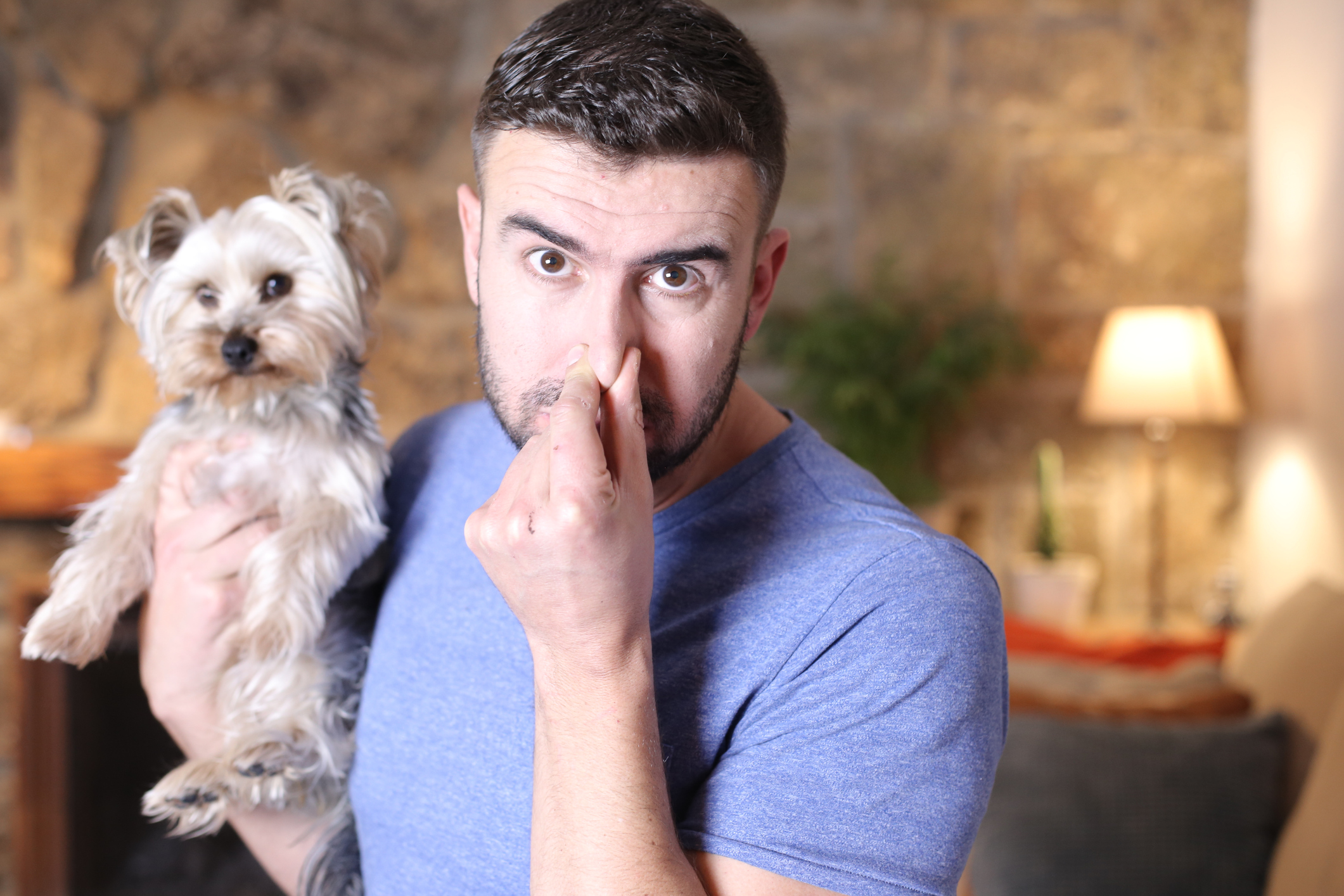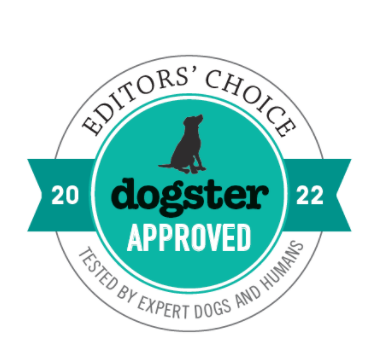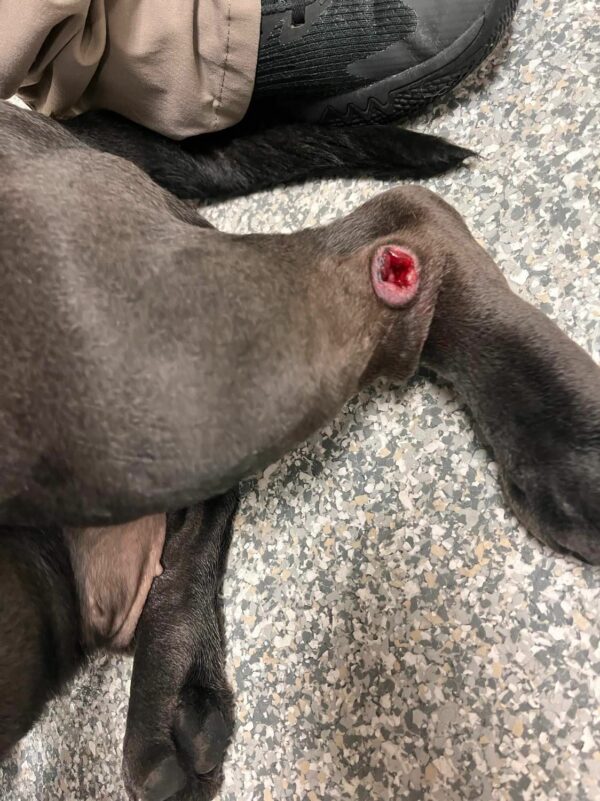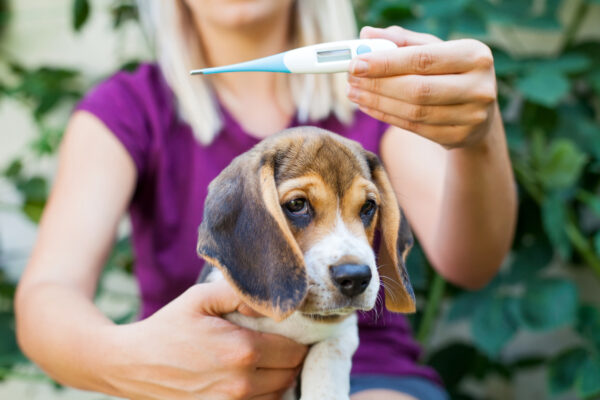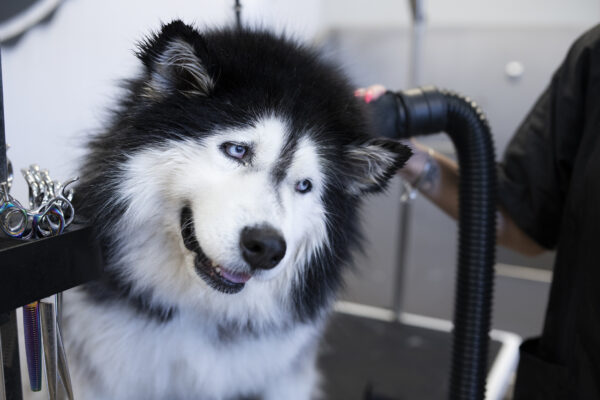Your dog’s stinky gas empties a room. Before you banish him from the family gatherings, think about any recent changes to his diet. Did you recently start feeding him a new food? Or did he eat something spoiled? Learning what to feed — or stop feeding — your dog for gas helps you literally clear the air.
What to give a dog for gas
Your vet can prescribe a supplement to lessen or stop your dog’s gas. For gassy patients, vets may prescribe:
- Yucca schidigera, an herbaceous plant with anti-inflammatory properties
- probiotics
Talk to your veterinarian before giving your dog these supplements to ensure efficacy. Never give a human gas-stopping over-the-counter or prescription drug to your dog.
Dog gas-relief home remedy
However, not giving your dog certain foods often nips gas in the bud — a better home remedy than giving your dog a supplement or prescription for gas. Before getting a prescription from your vet, take these steps at home.
The 4 easy steps to help your dog’s gas
1. Identify the cause
First, run down the list of things NOT to feed your dog. Common causes of gas include:
- table scraps (especially anything spicy or with dairy products)
- trash (including spoiled food)
- fresh-food ingredients, such as cauliflower, broccoli and Brussels sprouts.
- Keep your dog away from the cat’s litter box, too
2. Visit your vet
At the same time, schedule a visit to your dog’s vet while you’re waiting to see if food elimination helps the problem. Some illnesses and health issues cause gas, so rule out a medical problem before trying a different food or supplement. Some of the medical culprits include:
-
- canine colitis
- irritable bowel syndrome
- intestinal parasites
- inflammatory bowel disease
- pancreatitis
- cancer
3. Rule out a food allergy or intolerance.
Your vet may suggest a diet with low fiber and fat, or prescribe a restricted diet without common ingredients (a specific protein source, wheat or soy) that cause food sensitivities or allergies. If you pinpoint the allergen, the new diet may get rid of the gas. Switch your dog to the new food slowly or the gas may increase.
4. Observe your dog when he eats.
Notice if he gulps his food down quickly. Speedy eaters also swallow air (a condition called aerophagia), which leads to gas. Break up your dog’s mealtimes into more frequent, smaller portions or buy a slow-feeder dog bowl to prevent the gulping and gassing.

